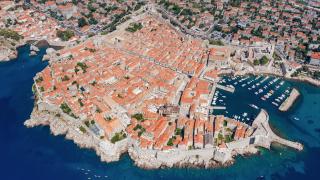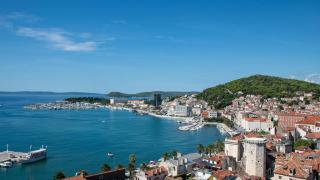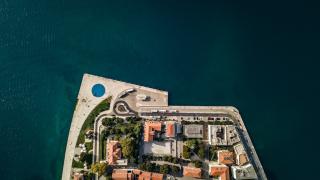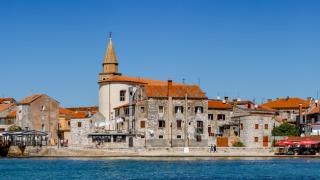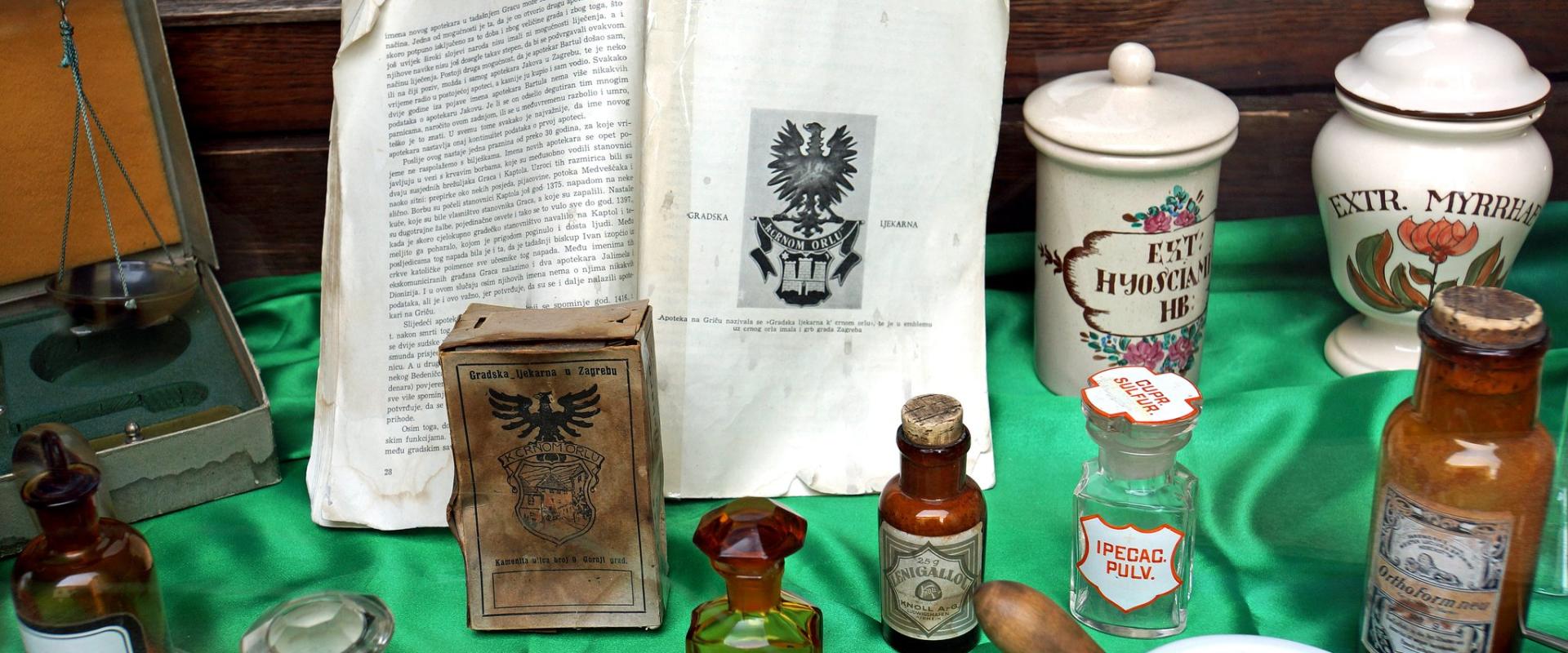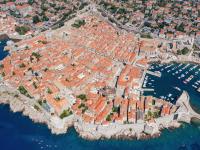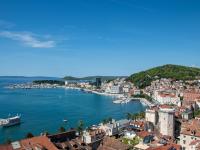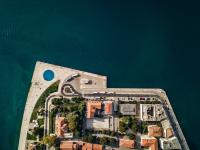Introduction
Health and safety preparation is essential for a successful trip to Croatia. The country maintains a high standard of medical care, particularly in major cities like Zagreb and Split. Public hospitals provide adequate emergency services, while private clinics offer specialized care with English-speaking staff.
Croatia ranks among the safest countries in Europe for travelers, with low crime rates and well-maintained infrastructure. Key safety considerations include:
- Emergency number: 112 (unified European emergency number)
- Medical emergency: 194
- Police: 192
- Fire department: 193
Travel insurance is mandatory for non-EU visitors, covering medical expenses and emergency evacuation. Basic medical consultations cost between €30-50, while specialized treatments may range from €100-300.
Public hospitals accept the European Health Insurance Card (EHIC) for EU citizens. Private clinics typically require immediate payment or insurance coverage confirmation.
Medical Services
Croatia's medical facilities provide reliable care with English-speaking staff in most tourist areas. Public hospitals are available in all major cities, while private clinics offer specialized services.
Emergency Services:
- Emergency number: 112 (central dispatch)
- Ambulance: 194
- Response time: typically 8-15 minutes in urban areas
Medical Facilities:
- Public hospitals operate 24/7 in Zagreb, Split, Dubrovnik, and Rijeka
- Private clinics require upfront payment
- Average doctor consultation: €50-100
- Hospital stay: €200-500 per day
Pharmacies (Ljekarna):
- Found in all towns and cities
- At least one 24-hour pharmacy in major cities
- Prescription medications require doctor's prescription
- Common medicines widely available
Travel Insurance Requirements:
- Mandatory for non-EU visitors
- Minimum coverage: €30,000
- Must cover medical evacuation
- Keep policy documents and emergency numbers accessible
Important Notes:
- Carry European Health Insurance Card (EHIC) if eligible
- Keep receipts for insurance claims
- Most doctors accept cash or credit cards
- Medical assistance available on all inhabited islands
Health Precautions
Required Vaccinations:
- Routine vaccinations should be up-to-date (MMR, DPT, etc.)
- Hepatitis A and B recommended for most travelers
- Tick-borne encephalitis vaccination advised for hiking in forested areas
Food and Water Safety:
- Tap water is safe to drink in most urban areas
- Exercise caution with uncooked seafood, especially during summer months
- Choose restaurants with high turnover and proper refrigeration
- Avoid unpasteurized dairy products from small producers
Sun and Heat Protection:
- Apply SPF 30+ sunscreen every 2-3 hours during summer months
- Peak UV exposure occurs between 10 AM and 4 PM
- Carry minimum 2 liters of water per person during outdoor activities
- Seek shade during midday hours when temperatures can exceed 35°C (95°F)
Common Health Concerns:
- Sea urchin injuries are common along rocky coastlines
- Tick bites pose risks in continental regions from March to October
- Heat exhaustion risk is high during July and August
- Motion sickness on coastal ferry routes
Preventive Measures:
- Pack basic first aid supplies including antiseptic and bandages
- Wear water shoes on rocky beaches
- Use insect repellent with 20-30% DEET in forested areas
- Purchase travel insurance covering medical evacuation
Personal Safety
Croatia maintains a low crime rate, but standard safety precautions remain essential. Keep valuables in hotel safes and carry only necessary cash. Avoid displaying expensive jewelry or electronics.
Areas to Exercise Caution:
- Remote areas after dark
- Crowded tourist spots during peak season
- Unmapped hiking trails
- Unregistered taxi services
Transportation Safety:
- Use only licensed taxis with meters
- Book rides through official apps or hotel services
- Avoid unmarked transport services
- Keep belongings close on public transport
Beach and Water Safety:
- Follow posted warning flags and lifeguard instructions
- Watch for sea urchins in rocky areas
- Wear appropriate footwear on pebble beaches
- Check weather conditions before water activities
- Stay within designated swimming zones
Emergency Contacts:
- Police: 192
- Ambulance: 194
- Fire Department: 193
- General Emergency: 112
Additional Safety Tips:
- Register with your embassy before travel
- Keep emergency numbers saved in your phone
- Carry travel insurance documentation
- Learn basic Croatian emergency phrases
- Stay informed about local weather conditions
Most tourist areas have regular police patrols and security cameras. Report any incidents immediately to local authorities.
Emergency Resources
Emergency Numbers (24/7):
- General Emergency: 112
- Police: 192
- Ambulance: 194
- Fire Department: 193
- Mountain Rescue: 112
- Maritime Emergency: 195
Medical Emergency Procedures:
- Call 194 for immediate medical assistance
- State your location and nature of emergency clearly
- Response time: 5-15 minutes in urban areas
- Keep your passport and insurance details readily available
Embassy Support:
- U.S. Embassy Zagreb: +385 1-661-2200
- British Embassy: +385 1-600-9100
- Emergency consular assistance available 24/7
Local Police Assistance:
- Tourist Police available in major cities
- English-speaking officers in tourist areas
- File police reports within 24 hours of any incident
Emergency Medical Centers:
- Zagreb Emergency Center: +385 1-4604-640
- Split Emergency Hospital: +385 21-557-111
- Dubrovnik General Hospital: +385 20-431-777
Keep these numbers saved in your phone and written on paper
Conclusion
Maintaining health and safety while traveling in Croatia requires proper preparation and awareness. Travel insurance with medical coverage is essential, with policies typically costing €30-100 per week. Keep emergency numbers readily accessible and store them in multiple locations.
Key Safety Recommendations:
- Carry a basic first aid kit with prescription medications
- Register with your embassy before arrival
- Keep digital copies of important medical documents
- Learn basic Croatian medical terms
- Stay updated on regional health advisories
Additional Resources:
- Croatian Institute of Public Health website (www.hzjz.hr)
- Local pharmacy locations via www.ljekarna.hr
- Tourist health information centers in major cities
While Croatia offers modern medical facilities and maintains high safety standards, advance planning ensures quick access to care when needed. Always carry your European Health Insurance Card (EHIC) if eligible.
